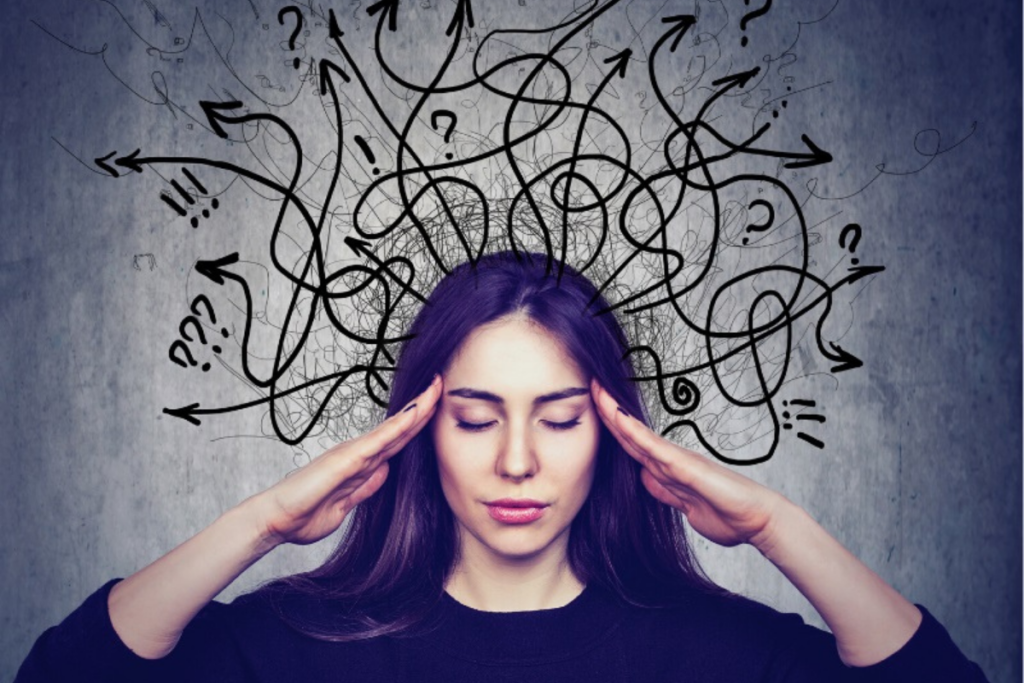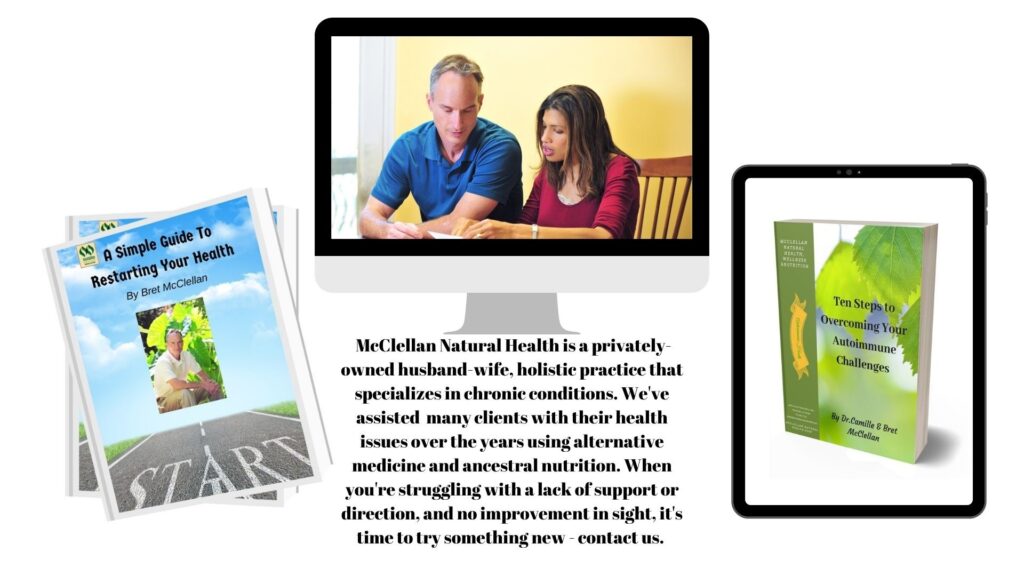We are all going through a stressful time during the Coronavirus Pandemic. Learn to adapt and adjust to the common feelings you may be experiencing during this moment in time.
Are you one of those people who wishes you had a 30-hour day? Do you long for having enough time to homeschool your children, cook gourmet meals, tend a garden, care for a large, five-bedroom house, play the piano, and sit by the fire reading a good book?
The fact of the matter is many Americans today are operating under a time crunch. We simply don’t have enough hours in the day to accomplish all that we want to.
The situation creates an enormous amount of stress. We may feel as if we are constantly operating under a deadline.
We may feel fatigued and frustrated, and we may wonder if we are missing out on much of life because we spend so much time “doing” and not enough time “thinking.”
We’re stressed at work, stressed at home, and stressed at our son’s soccer match.
The irony is, the more we do, the more behind we seem to get. We are constantly on the run, yet we may feel as if we are accomplishing very little. As a result, our pessimism grows.
We may become short-tempered, especially with those we love. We may feel as if we are constantly running on empty.
The good news is there is hope, even in the midst of what might seem a hopeless situation.
We can get control of our lives and control of our time. It may take a little bit of effort and time, but it will be well worth it in the long run. The first step we need to take is prioritization.
Many people feel as if they lack time to do the important things in life simply because they do not take the time to prioritize. Write down a list of your goals for the week, for the year, and for the next five years.
When you do your initial brainstorming, you can list the goals in any order you like. Then go through the goals and rank them in order of importance.
After that task is completed, figure out just how much time you would need to accomplish each goal.
You may find that just five minutes here or there can make all the difference in the world in achieving the items on your priority list.
Next, learn to multitask effectively. That time you spend waiting in the line at the drive-thru window could be spent balancing your checkbook.
Or the time you spend paused at the cash register could be used to read a book or a magazine.
In general, you should not think of lines as time-wasters. Rather, consider them opportunities to accomplish some small, yet important, tasks.
In order to be effective as a worker, spouse, and parent, you’ll need some alone time. Get an appointment book and actually schedule a block of time just for yourself.
Your alone time could be spent praying, re-evaluating your priorities, charting your progress, or just fixing yourself a nice dessert.
Just be sure that you have some alone time each day. Otherwise, you’ll be shortchanging yourself, and you’ll feel more stressed as a result.
Don’t be afraid to say no. You cannot be a cub scout leader, girl scout leader, fundraising chair, and prima ballerina all at one time.
You’ll need to pick and choose your assignments, both your professional assignments and your personal ones.
If you simplify your life, you might be surprised at how much time you’ll gain—and how much better you will feel. Sometimes, it takes some backbone to say no. You might disappoint someone. But, in the end, you’ll be much better off, knowing that you have not overcommitted yourself.
You should consider your time to be as precious as the President’s. There are a number of duties which make demands on your time, those you love and those you don’t care for.
By employing some innovative scheduling techniques, you can set aside the time for those things that are truly important to you.
You’ll be less stressed, more relaxed, and better able to cope with the challenges you encounter on a daily basis.
As you become less stressed out, you might find that your children, spouse, and friends follow your lead. And your world will become more harmonious as a result.
Perhaps you break out into a cold sweat when you have to deliver a talk before a group of people. Or perhaps you become nervous when you have to take a test. There are certainly numerous causes for anxiety.
Similarly, there are a number of treatment options for those afflicted with the illness. If you don’t like the idea of medication, you might try an alternative approach to battling your anxiety.
It is estimated that nearly seven percent of Americans suffer from anxiety and panic disorders. While prescription drugs are routinely offered as a remedy for such illnesses, they can be dangerous if administered over a long period of time. Some of the more popular anxiety drugs include Diazepam and Wellbutrin.
However, increasingly, Americans are turning to alternative medicines in an effort to soothe their anxious feelings. In just the last decade, the demand for alternative medicine has skyrocketed 300 percent.
This is partially the result of the fact that many alternative medicines offer relief from symptoms without the side-effects linked to prescription drugs.
It should be noted, however, that natural remedies are not meant to be long-term treatments, although they can offer relief in the short-term.
Before you buy a natural remedy, it is important that you do your homework as far as your knowledge of herbs and vitamins is concerned. It is also imperative that you consult your family physician in order to ensure that the alternative treatment is safe for you.
A number of herbs offer relief from the symptoms of anxiety. For instance, St. John’s Wort is one of the most popular anti-anxiety herbs on the market.
After taking St. John’s Wort for as little as two weeks, you should notice a difference in your anxiety level.
Valerian Root is another alternative option you might try. It is especially helpful in combating insomnia because of its sedative quality. In other words, it helps to lull the central nervous system to sleep.
Research indicates that Valerian Root is effective in improving sleep 90 percent of the time. This is important, since much of anxiety is linked to sleep disorders.
Vitamins can also provide an effective treatment for anxiety. They can be quite important in enabling neurotransmitter synthesis and maintenance.
For instance, B-complex can help produce neurochemicals, which in turn assists in the synthesis of serotonin, norepinephrine, and dopamine.
Yet another aid to combating anxiety is Passion Flower. It helps to calm the central nervous system, leading to feelings of peace.
Meanwhile, Ashwagandha Root can make you feel stronger so that you are better able to handle the effects of anxiety.
But perhaps no herbal remedy is quite as effective as Kava Kava. This is considered to be one of the strongest anti-anxiety remedies in the world.
A number of studies indicates that Kava Kava is highly effective in relieving the short-term symptoms of anxiety. It is also considered quite safe to ingest, making it one of the most popular herbs available on the market today.
An herbal remedy called PureCalm is being marketed as a safe way to deal with general nervousness and worry. You may feel relaxed after taking only a few drops of this natural substance.
However, if you suffer from severe anxiety, including panic attacks, you might consider a remedy called MindSoothe, which combines St. John’s Wort with Passiflora.
Mindsoothe has been linked to good sleep, greater concentration, and better memory. Therefore, it is particularly effective in treating the symptoms of anxiety.
We all have feelings of anxiety from time to time. But how can you tell if your anxiety is out of control?
If you experience racing thoughts, rapid heartbeat, extreme difficulty resting or concentrating, you probably need to get help.
If you do not like dealing with the side-effects of prescription drugs, an herbal remedy may be in order.
You should know in advance, however, that some herbal remedies carry their own risks and lead to significant side-effects. The more you know about herbal remedies, the better consumer you’ll be.
Don’t allow yourself to be a human guinea pig. Take herbal medication only after you have thoroughly studied its effects upon the human body.
Camille McClellan, MD, DNM, MBS
Naturopathic practitioner
McClellan Natural Health, Wellness & Nutrition
Free Naturopathic/Homeopathic Consults Available

